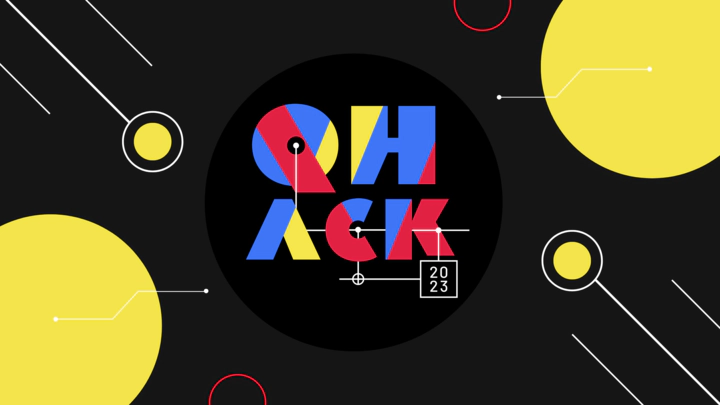QHack 2023: CQTech researchers win third prize at the Quantum Chemistry Challenge

Quantum computing continues to be at the forefront of scientific innovation, and events like QHack, organized by Xanadu, bring together researchers from across the globe to collaborate and push the boundaries of quantum technologies. This year’s QHack was a huge success, featuring thousands of participants from over 100 countries, and offering six events, 37 streaming sessions, and 28 unique coding challenges.
At QHack 2023, CQTech researchers showcased their skills and expertise in the Quantum Chemistry Challenge, earning the third-place title. Impressively, they had previously ranked seventh in the initial phase, the Coding Challenge, demonstrating their determination and continuous improvement throughout the competition. The team, consisting of Abdellah Tounsi, Mohamed Messaoud Louamri, and Nacer Eddine Belaloui used an ingenious VQE algorithm to solve for the ground state of the BeH2 molecule, leveraging complex methods for Hamiltonian decomposition and error mitigation. Their solution utilized the best of two papers: Kandala et al. (2017), which proposes a reduced parity encoding of BeH2’s Hamiltonian, and Lolur et al. (2023), which proposes a novel error mitigation technique, the Reference State Error Mitigation (REM), alongside other error mitigation tools that Qiskit provides.
The team utilized 7-qubit and 16-qubit quantum devices provided by IBM for their project. Through thorough analysis of the team’s results, significant insights were gained into the performance of VQE algorithms on IBM’s quantum devices. This experience provides CQTech’s researchers with promising prospects for the exploration and evaluation of diverse quantum algorithms’ performance on various platforms and technologies.
The Quantum Chemistry Challenge win by CQTech serves as evidence of our skilled researchers’ steadfast devotion and unwavering commitment to promoting and propelling quantum science forward on national, continental and global scales. Our track record of winning previous hackathons and organizing numerous local training sessions exemplifies our dedication to the field.
Overall, QHack 2023 was a fantastic event that showcased the immense potential of quantum computing and the collaborative spirit of the quantum community. With incredible prizes up for grabs, including international internships and thousands of dollars’ worth of credits and access to QPUs and GPUs, the event brought together some of the brightest minds in the field to tackle a range of quantum challenges. We extend our heartfelt gratitude to Xanadu for providing this unparalleled opportunity and also express our appreciation to qBraid for sponsoring the prize.
Xanadu is a leading Canadian company in the field of quantum computing, particularly known for their unique approach using photonic qubits to encode quantum information, and their development of the PennyLane software platform that enables users to simulate and run quantum algorithms on a variety of quantum hardware platforms.
qBraid is a dynamic quantum computing company that’s paving the way for researchers to easily develop and run quantum algorithms. Their focus is on creating an intuitive, high-level programming language, as well as a suite of tools for compiling and optimizing quantum code for different quantum hardware platforms. One of the standout features of qBraid’s approach is their use of a graphical interface that allows users to visualize and manipulate quantum circuits with ease. This groundbreaking approach makes quantum computing accessible to those without a background in the field, and empowers them to design and experiment with quantum circuits.
Upon conclusion, the Principal Investigator and researchers of CQTech express their gratitude for the support extended by ARISE (African Research Initiative for Scientific Excellence) and the University of Constantine 1. The assistance provided by these esteemed institutions has been instrumental in the successful culmination of CQTech’s endeavors, and their contributions are highly appreciated.
